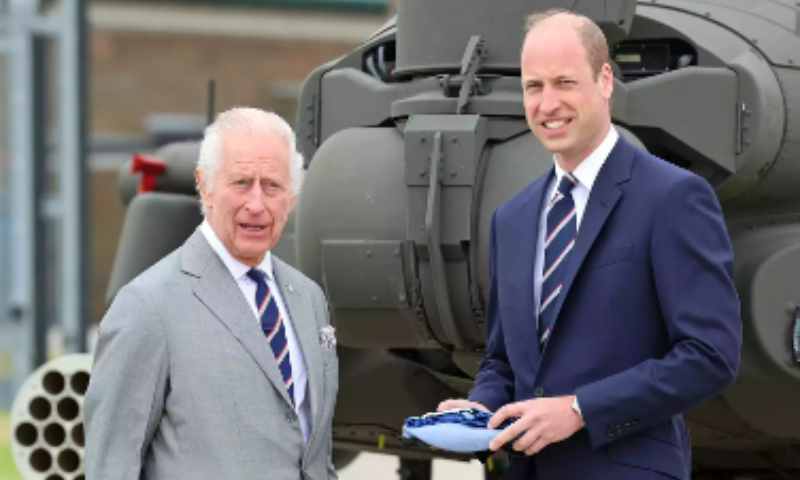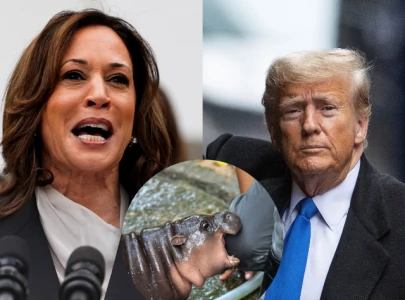
An investigation has uncovered that the Duchies of Lancaster and Cornwall, owned by King Charles and Prince William respectively, are generating substantial income from leasing land to UK public services. These estates, which are exempt from corporation tax and capital gains tax, are predicted to bring in at least £50 million in earnings from contracts with services such as the NHS, state schools, and prisons.
One prominent example is the Duchy of Lancaster’s £11.4 million agreement with Guy’s and St Thomas’ NHS Trust to lease a warehouse for electric ambulances. Similarly, the Duchy of Cornwall, held by Prince William as the heir to the throne, has signed a £37 million contract with the Ministry of Justice to lease Dartmoor Prison, a site that comes with significant maintenance costs due to high levels of radon gas.
These arrangements have raised questions regarding the fairness of the tax exemptions enjoyed by the royal estates, as they reportedly create a commercial advantage over other organizations that are subject to business taxes. Critics argue that these financial benefits go beyond the purposes of maintaining the monarchy’s official responsibilities, prompting calls from officials, including Baroness Margaret Hodge, for a parliamentary review. Hodge suggests that the Duchies should, at the very least, pay corporation tax on their profits to align with other UK businesses.
Further scrutiny has been directed toward the environmental performance of properties managed by the Duchies. Reports indicate that around 13-14% of residential properties leased by these estates have energy efficiency ratings of F or G, which fall below the minimum standards required under the UK’s Minimum Energy Efficiency Standards regulations. While properties rated below an E have been illegal to lease since 2020 without exemption, the Duchies have countered these findings by stating that over 87% of their properties meet the required standards and that any properties in violation are either awaiting upgrades or qualify for exemptions under existing laws.
The estates also engage in additional commercial ventures, such as contracts with mining and quarrying companies. They charge the Royal Navy over £1 million for access to jetties, require the Army to pay for training grounds on Duchy-owned land, and receive substantial fees from the installation of cables for offshore wind farms. These extensive commercial activities, combined with the tax exemptions, have spurred discussions on whether the Duchies should be integrated into the Crown Estate, whose profits are returned to the government.
In response to the investigation, both the Duchy of Lancaster and the Duchy of Cornwall emphasized their compliance with statutory requirements and underscored their commitment to sustainability. The Duchy of Lancaster noted that “His majesty the king voluntarily pays tax on all income received from the Duchy,” aiming to address public concerns. However, critics argue that voluntary tax payments lack the transparency and consistency of standard taxation policies, and suggest that the royal estates’ commercial operations merit closer examination given their substantial income from public services.



1730752226-0/Untitled-design-(35)1730752226-0-165x106.webp)




1730752226-0/Untitled-design-(35)1730752226-0-270x192.webp)






1730706072-0/Copy-of-Untitled-(2)1730706072-0-270x192.webp)
COMMENTS
Comments are moderated and generally will be posted if they are on-topic and not abusive.
For more information, please see our Comments FAQ